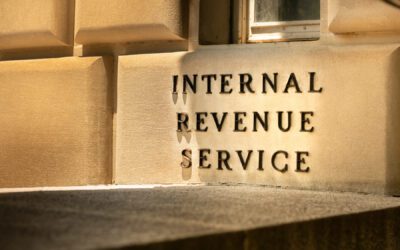In an effort to ensure more New Jersey private sector workers are able to contribute to a retirement fund, Governor Phil Murphy signed into law the “New Jersey Secure Choice Savings Program Act” on March 19, 2019. The program initially was to go into effect March 28, 2021; however, that date was extended due to COVID-19. The current implementation date is March 28, 2022, with a completed roll-out date of nine months after the start date.
Employers meeting the following criteria are mandated to participate in the Secure Choice Savings Program:
- Employed 25 or more workers during the past calendar year
- Are a profit or non-profit employer
- Have been in business at least two years
- Do not offer a qualified retirement plan to employees
Employers with fewer than 25 employees may also participate in the NJ Secure Choice Savings Program but are not required to do so.
How does the New Jersey Secure Choice Savings Program work?
The program allows employees to contribute a portion of their pre-tax earnings to a retirement fund (IRA) via payroll deductions. This opportunity must be offered to all W-2 employees, including part-time employees. Employees will be automatically enrolled at the contribution rate of 3% unless they opt-out or change their contribution rate. The annual maximum each employee can contribute is $6,000 if under 50 years old and $7,000 when 50 years of age or older. An employer contribution is not permitted.
Administering the Program
An employer must provide information to all current and new employees. Enrollment packets must be provided to all new employees and enrollment must be within 90 days of hire date. Employers must also track the eligibility status of all employees and whether they are opting in or out of the program. Those employees who don’t opt-out or change their elections will have 3% of pre-tax earnings automatically withheld and deposited into an IRA. The employee retirement benefit deductions will be deposited into a state administered IRA. Employers are required to hold an annual open enrollment period as well as submit an employee census to the New Jersey Secure Choice Savings annually.
Employer Non-Compliance Penalties
An employer who does not enroll any employee who has not opted out of the program may be subject to the following penalties:
- 1st year – written warning
- 2nd year – $100 per employee
- 3rd & 4 years – $250 per employee
- 5th year & subsequent – $500 per employee
In addition, an employer that collects employee contributions and fails to deposit them into the fund will be subject to a penalty of $2,500 for a first offense and $5,000 for the second and subsequent offenses.
If you have any questions regarding the New Jersey Secure Choice Saving Program Act, please contact our office for assistance.
Article Submitted by – Béatrice R. Calen, EA







